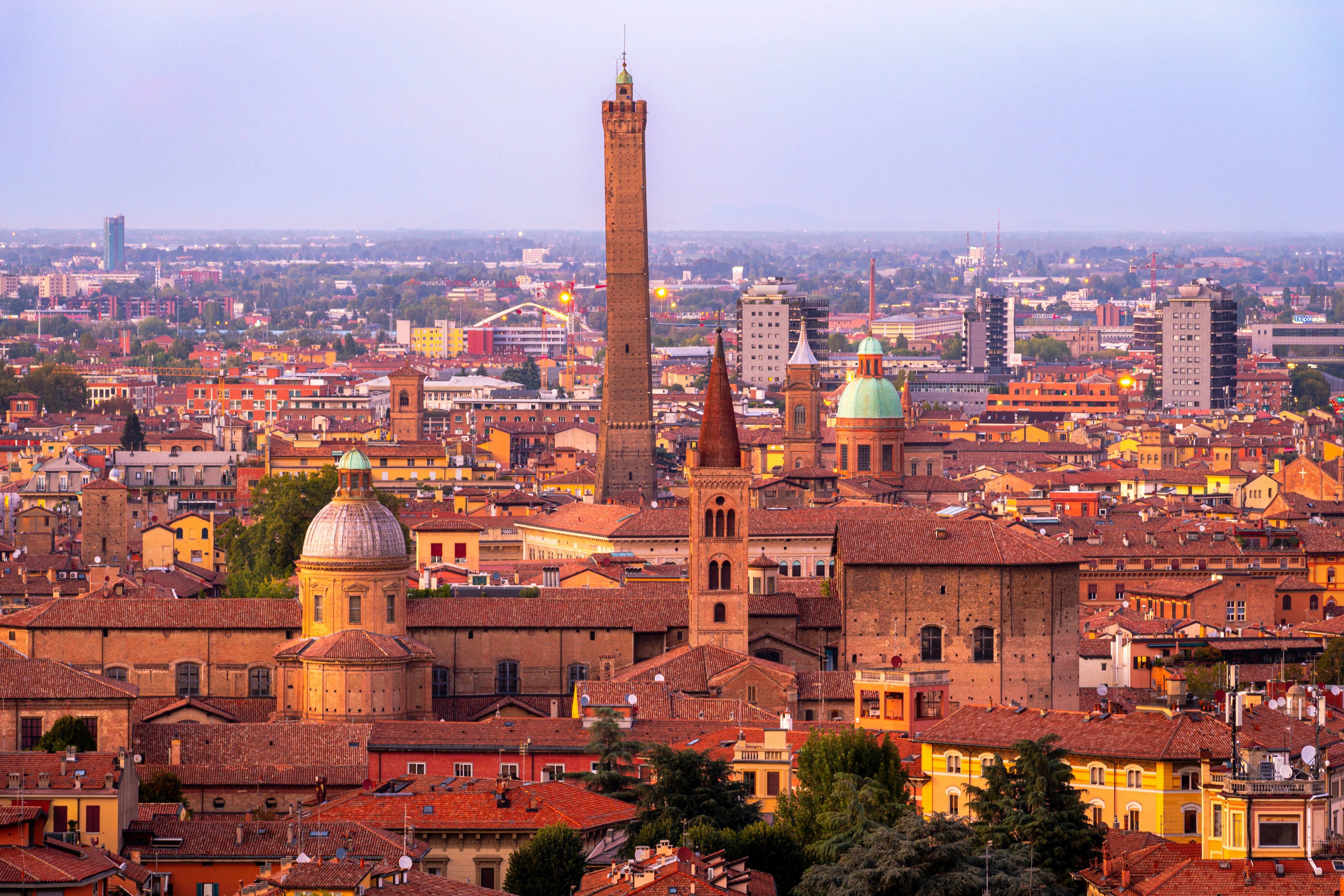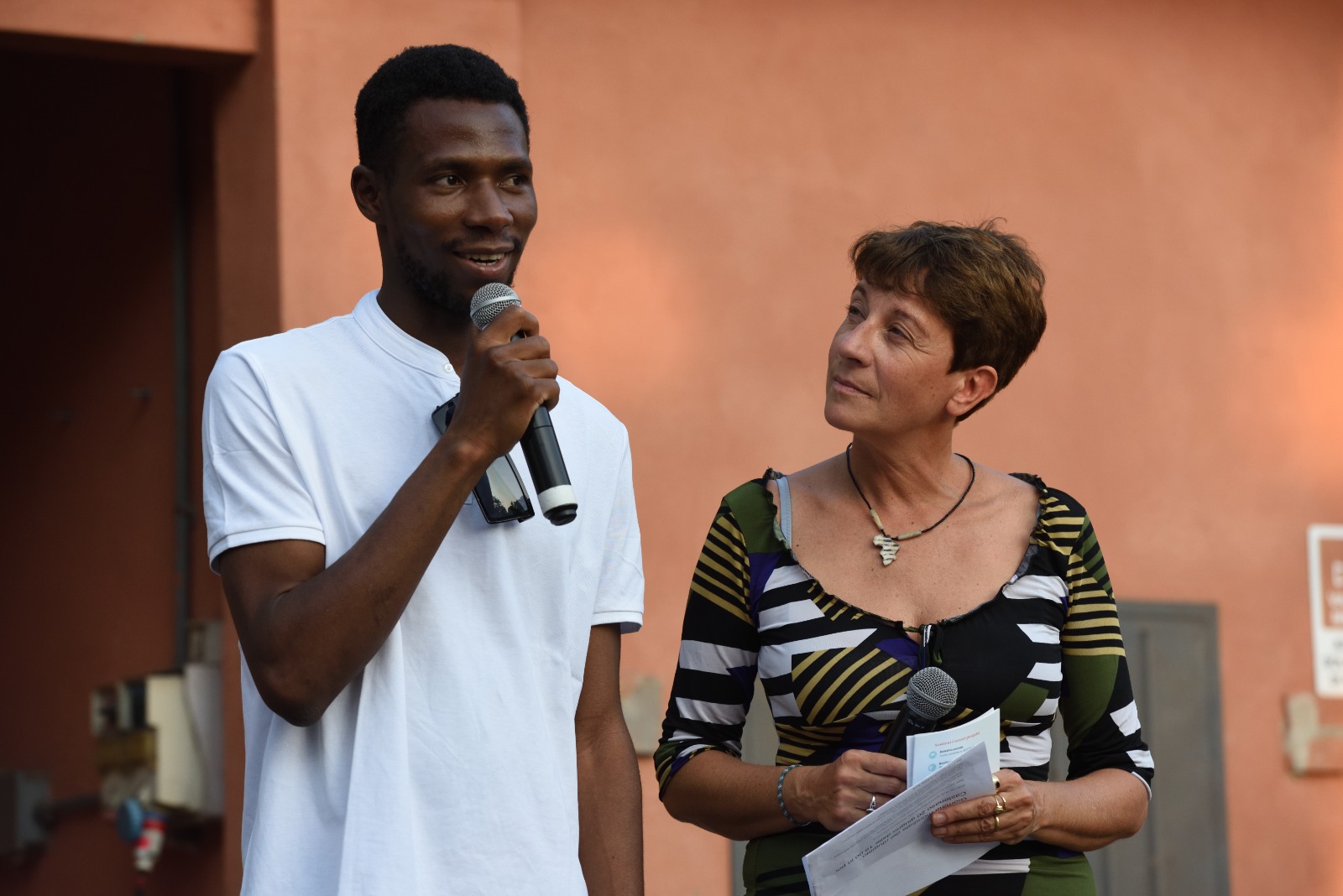Tell us more about your main research topics and how they connect to creating smarter cities
My research focuses on digital twins conceptualized as socio-technical systems. A socio-technical system highlights the inseparable interdependence between social practices and technological infrastructures, emphasizing that technological artifacts are embedded within human, organizational, and cultural contexts.
This topic is closely connected to the Smart City, as Smart City infrastructures often enable the development and deployment of digital twins.
Within Smart City literature, two main theoretical frameworks can be identified: a technocratic approach, which emphasizes efficiency, optimization, and data-driven control, and a critical perspective, which seeks to include citizens’ voices and account for social equity and democratic governance. In this context, I am particularly interested in how digital twin technologies incorporate human–machine interaction and whether their implementations have been shaped through participatory processes.
Participation is crucial to ensure that digital twins are not merely technical instruments of urban management but co-produced with the communities and decision-makers they aim to support, thereby enhancing legitimacy, inclusiveness, and social relevance.




